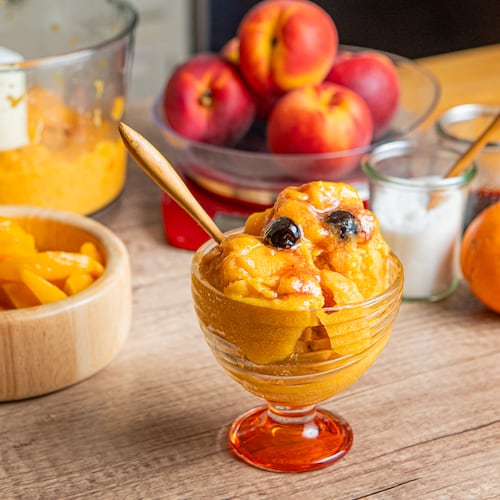In the wine world, men dominate the field. The Court of Master Sommeliers, one of the governing bodies for sommelier education, is responsible for testing the Certified, Advanced and Master’s level sommeliers. At this year’s Advanced sommelier exam in Portland, Oregon, only six women passed out of 23 total. Linda Torres, a Certified sommelier at The Ritz-Carlton, Buckhead, is on the path to take next year’s Advanced exam. Here, she spills the details on studying, which involves three parts: theory, tasting and service exam.
The first time I gained a real perspective of a sommelier’s career, was, admittedly, when I watched the documentary SOMM. How similar are their study habits compared to yours?
Oh it’s real. I have flashcards in my purse, so that whenever I have spare time- waiting in line, sitting in traffic- I squeeze in my studying. On my off days I’ll study three hours a day, and when I have work I fit in at least one hour.
You went to school for exercise science, which involves an extensive amount of studying as well. Did you find the study methods similar?
I’ve never done anything like this before in your life. This involves self-motivation and discipline to study nightly, and to set up a schedule where you’re tasting constantly. And tasting wine is very different from drinking.
How so?
Well, for one thing, the time. I can’t remember doing a tasting after 12 p.m. Usually it’s between 8 and 10 am. For instance, I have two tasting groups that I do weekly- on Tuesday and Thursday morning. Our Thursday group is a proctored flight of six, where we act as if we are tasting at the exam. It involves assessing the sight, nose, palate and making conclusions.
Studying for sommelier exams requires self-study. What are the benefits of tasting groups?
There has to be a mass group of people that you can glean information off of to hone your skills. If you don’t have a group of people around you to mentor and help you study, the likelihood of passing is slim.
Being in the hospitality industry for 18 years, have you always wanted to be a sommelier?
No, at first I was just working as a bartender through college. But in 1999, the Oregon and Washington wines were really taking off, and that piqued my interest. I had begun by opening a craft distillery in Boise, Idaho, before moving South.
Talk about your path to the advanced sommelier exam.
I took level one without studying in 2007, and then I passed the Certified exam in 2008. But there was a big gap before I took the Advanced for the first time in 2011. Both times I took the exam, I passed service and tasting, but not theory, and for the Advanced certification you have to pass all three parts.
Is it frustrating to study for the exam a third time?
The first time, I wanted to throw my study bag in the corner and never look at it again. There were some parts I knew but others that worried me. I had only studied ten months. The second time was different. I was ready to rock and roll. I feel more confident to take it next time around.
How does it feel to be the minority of female sommeliers?
It’s really rare for people to find something that they legitimately dedicate themselves to, but this is something I am so passionate about. This is like a marriage.
I give you props! Has this changed the way you drink wine on a daily basis?
Most of the time, it serves me well. But if I walk into a casual place, depending on the service and the restaurant, I hate to be the person to tell the server that I can tell the bottle has been opened for five days. But once you decide to be an expert about something and choose that path, you’re never quiet.
About the Author
The Latest
Featured


